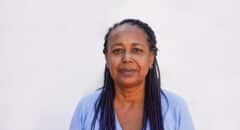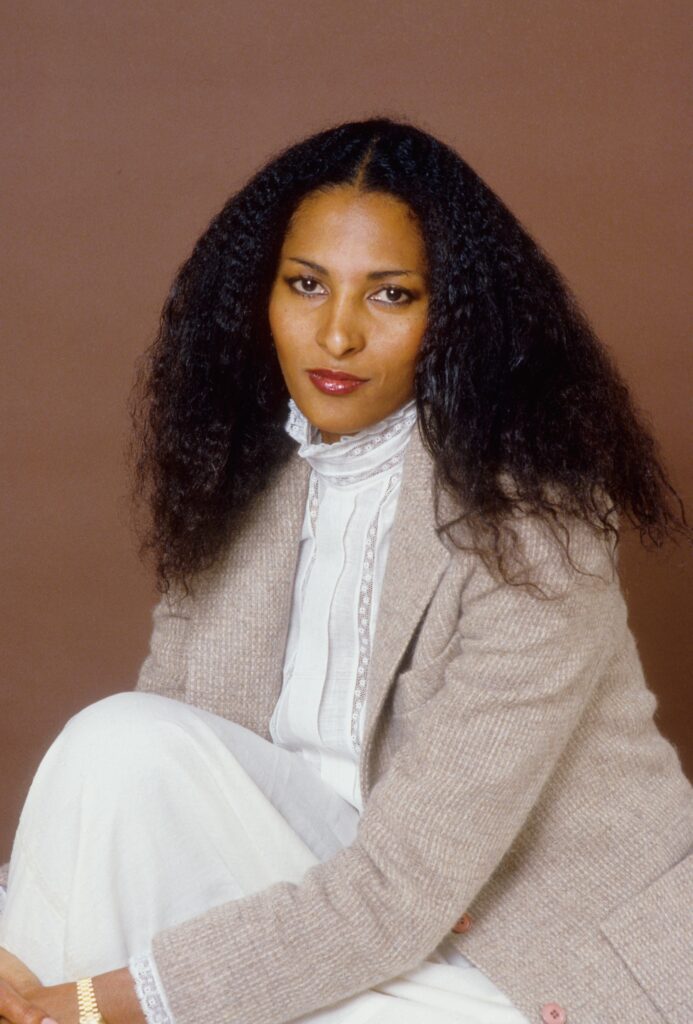
When people hear the name Pam Grier, several quotes and sayings from many of her Blaxploitation films may come to mind. Grier, now 72, was the queen of the 1970s tough-girl movies where no matter how rough the battle, she and her crew always came out on top.
But being a black woman in Hollywood hasn’t been Pam Grier’s toughest fight.
“I was very quiet,” the 76-year-old Grier recalled her childhood. And when she actually did talk, she stuttered.
Growing up, Grier was a good student who dreamed of becoming a doctor. “When I was a young girl, I never thought of acting,” she remembers. “I never thought of television, of fans, movie stars, signing autographs. It never crossed my mind.”
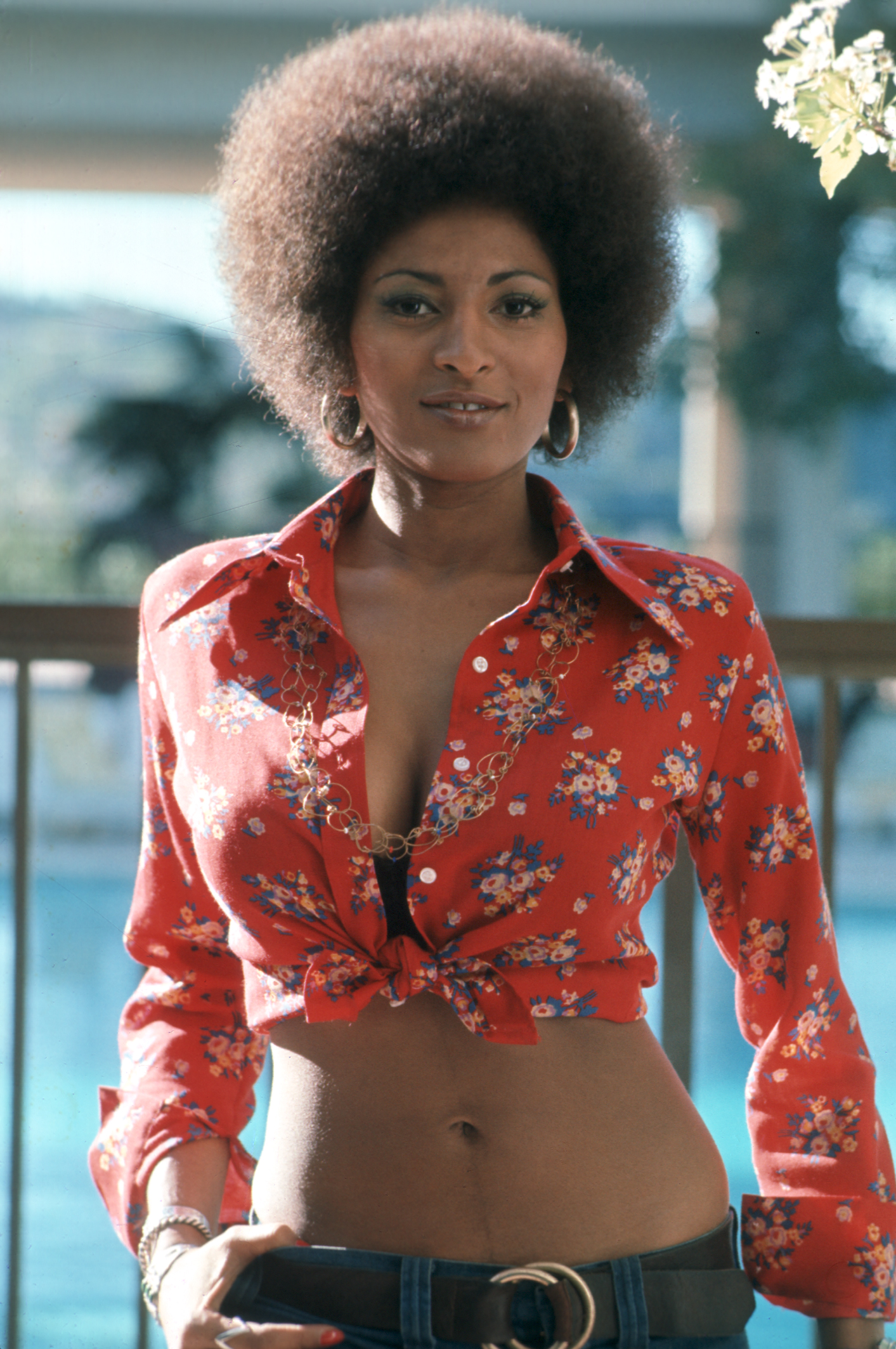
Pam Grier’s Connection to Breast Cancer
One life-changing experience that she had to fight through was her diagnosis of stage-four cancer in 1988. Grier was in her late 30s, a self-described “health-nut”, running six miles a day, not eating meat and not abusing my body in any way”. She’d gone for a routine cervical smear and got a call from her doctor’s surgery who said they’d found abnormal cells in her test results. She was booked in for an operation to remove the abnormal tissue and told she’d be fine. But, afterwards, her pathologist called to say it wasn’t good news; the next day, her doctor sat her down to tell her she had 18 months to live.
Even though her adopted sister, Krista, died of breast cancer, the news of her own cervical cancer diagnosis came as a shock.
“They couldn’t operate or start treatment for another six weeks, as I’d already had surgery and my body had gone through so much trauma. They gave me only 16-18 months to live and was told to start preparing for treatment and to organize my will. I coped from minute to minute. I went home to ponder this 2in-thick folder [of information] they give you.”
She describes the cancer and its treatment as a “full-time job” and says, to her surprise, that it was a lonely one. To begin with her mother tried to be with her for as much of the treatment as possible, but had to go back to Colorado to work. Her boyfriend at the time didn’t turn up for her first session of chemotherapy, but promised to come to the second. “He didn’t come. He just abandoned me and I didn’t see him for another five years,” she says, without a hint of self-pity.
“In 1988 the C-word meant: ‘Oh my God, you’re going to die. There is no hope.’ You learn who your friends are when you have cancer.” The friends who did come forward, she says, weren’t the ones she was expecting. “Those that came to my bedside were Steven Seagal, Carl Gottlieb, my mentor, and the president of the Writers Guild and film director Tamar Hoff. They were truly amazing. But a lot of people couldn’t cope and just fell away.”
Grier counts herself “lucky” and says that what she learned is that “cancer isn’t choosy. People in the cancer ward come from every ethnicity, every socio-economic background – it doesn’t matter – cancer is the common denominator.” She credits a combination of eastern and western medicine for her recovery. Her doctor sent her to a Chinese herbalist after her diagnosis, where she was prescribed “herbs and tinctures. It also taught me to drink hot tea with my food to get rid of toxins.”
This regimen, combined with yoga and chemotherapy, is what she believes “saved” her. Although she has been in remission for “years and years now”, Grier believes that getting better and staying better is a “life-long” process. She’s an avid believer in the green movement and says her recovery is “based on the environment – fresh well-water from the ground, fresh air, trees and plants, and wild animals.”
Her Heroic Story of Overcoming Rape
But before that life-altering fight, she had to fight physical and mental wounds. At a young age, she was left unsupervised at an aunt’s home, and was ultimately raped by two boys.

In her memoir Foxy: My Life in Three Acts, did Grier reveal that she also silently endured two incidents of sexual assault. She was raped by a group of older students when she was only six years old, and at the age of 18 she was the victim of a date rape. Fearing repercussions on her family, Grier never said a word to anyone about either incident until she sat down to write her memoirs as an adult. “I wanted others out there to understand the emotional trauma that is involved in sexual aggression and abuse and that not all of us get over it or even survive the abuse,” she says about her decision to finally reveal the incidents. “I have that opportunity to speak about this as the icon—the object and let others know that in spite of it all, I am still here.”
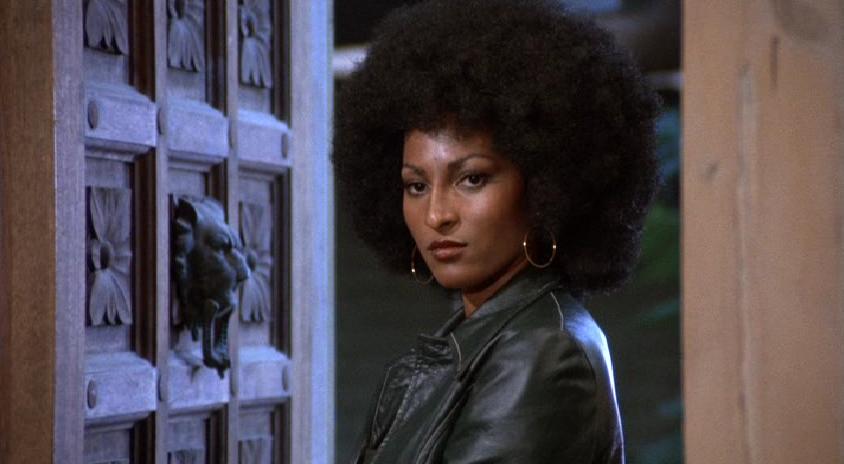
Her path to stardom began a little later when she moved to Los Angeles in 1967 from her native North Carolina at the age of 18. She set her sights on the UCLA film school, doing five different jobs, one of them as a receptionist at film company, American International Pictures. Her five-job stint was short-lived as she was discovered by Jack Hill, a director who cast her in his “women in prison” B-movies.
“You know, I had to bump heads with a lot of men in the industry,” Grier says. “They were not comfortable with showing a progressive black female in an action role. As a strong woman, I was seen as a threat. There was a fear that women would mimic me in real life. I remember certain people saying: ‘Oh, she’s taking our jobs, she’s castrating men’ – as far as I was concerned, I thought: ‘We don’t need to walk behind you, we should walk beside you.'”
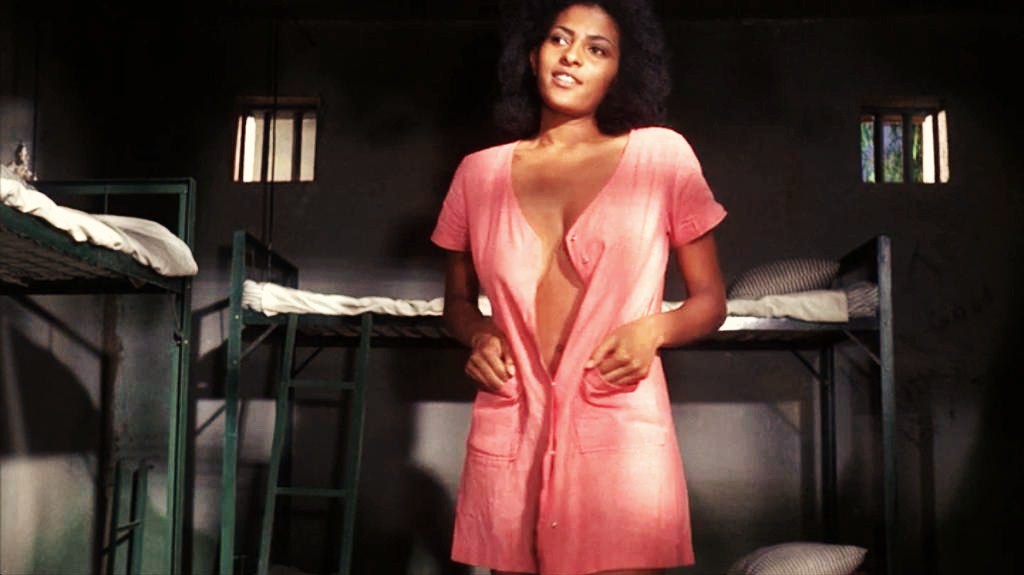
Pam still does movies, and is an advocate against a number of diseases including HIV. She also has not one, but two doctorates! Yes, it’s Dr. Foxy Brown! She received her Honorary Doctorate of Humane Letters from the University of Maryland Eastern Shore in 2011.
That same year, she received an Honorary Doctorate of Science from Langston University
For more on your favorite celebrity, click here.






